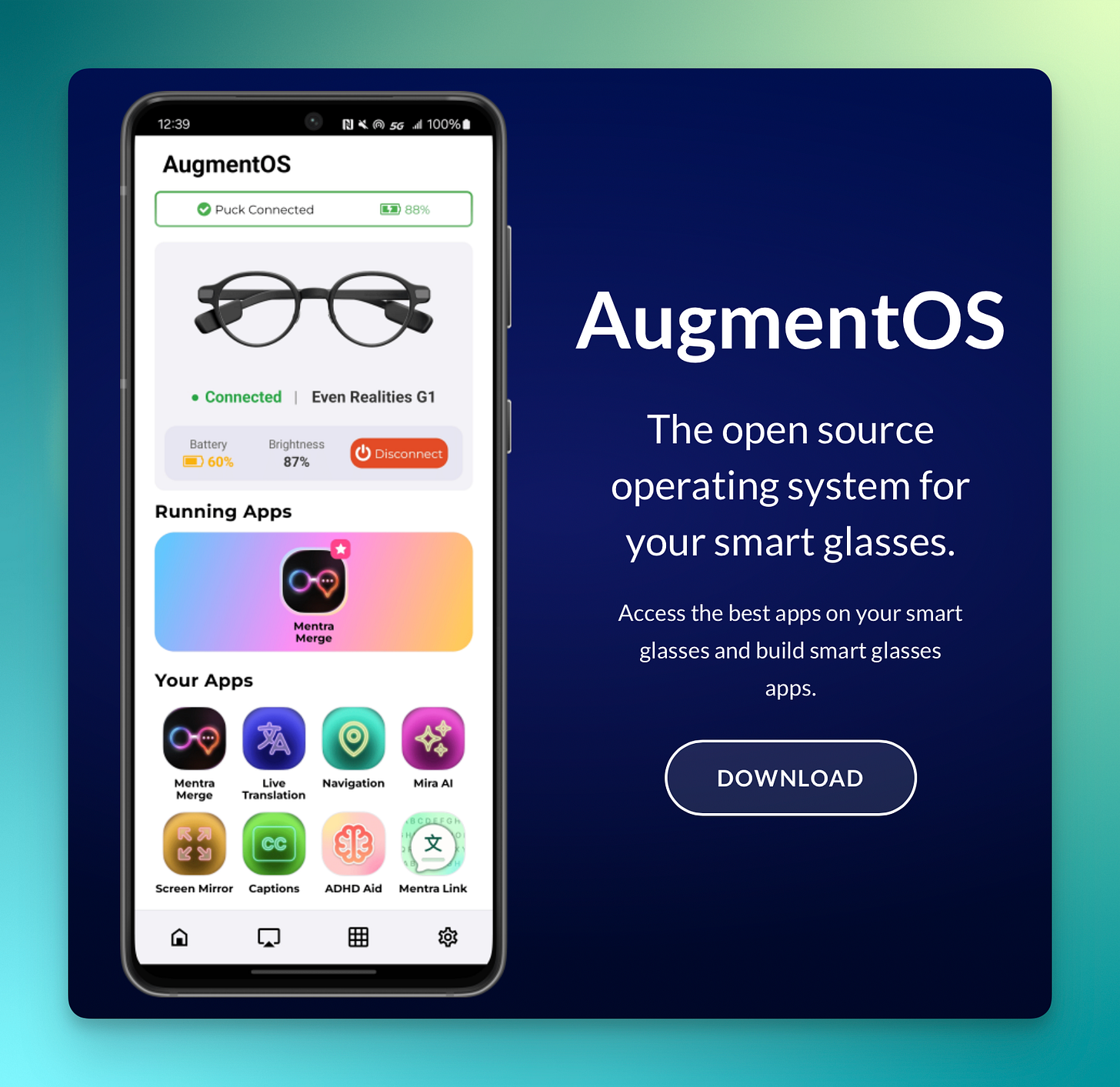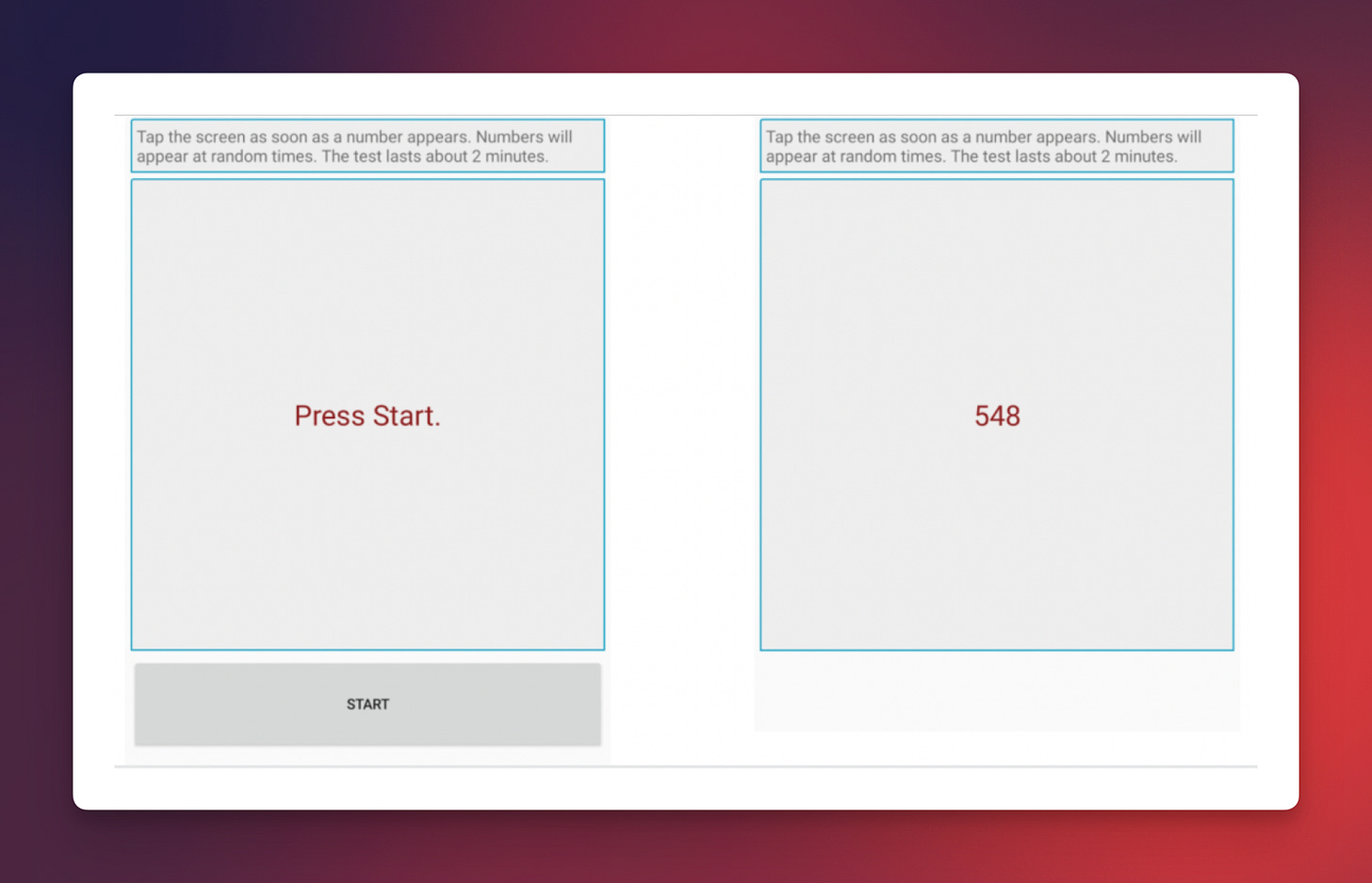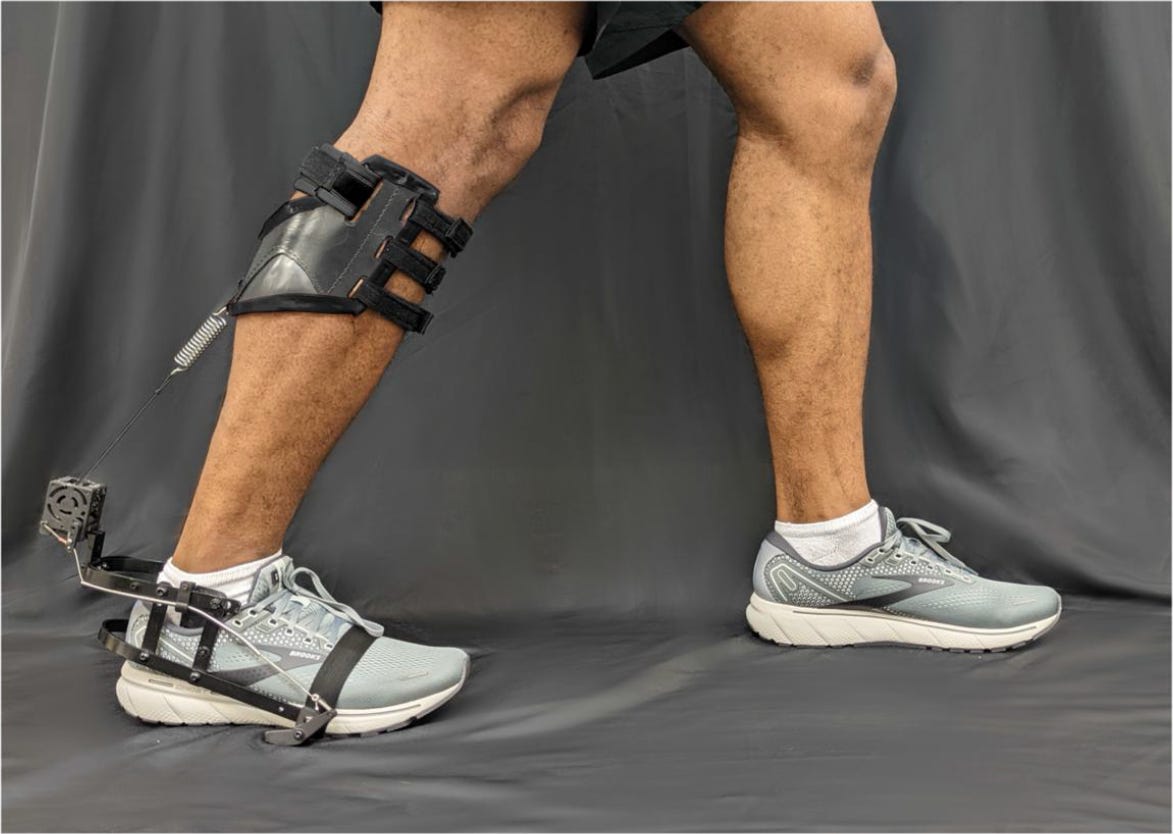TWIWT XVII: Week of January 27, 2025
More news from the world of wearable technology, this week featuring a new open-source operating system for smart glasses, AugmentOS, and freshly published research papers.
AugmentOS launches as open-source operating system for smart glasses

AugmentOS has released version 1.0 of their open-source operating system designed specifically for smart glasses, aiming to solve a long-standing challenge in the wearable technology space: the difficulty of building and deploying applications for smart eyewear.
The platform functions through a smartphone companion app that connects to compatible smart glasses, providing users access to an app store ecosystem. For developers, AugmentOS offers an SDK that enables building applications that can run on any supported smart glasses hardware, eliminating the need to develop for multiple platforms. Think of it as what React Native did for the smartphones. Currently, AugmentOS supports developing apps for Vuzix Z100, Mentra Mach1, and Even Realities G1 smart glasses via the Android ecosystem. Support for more glasses and iOS is on their road map and will be coming soon.
The system is designed with AI integration in mind, allowing developers to create applications that can process contextual information from the glasses' sensors and provide real-time insights to users. The platform emphasizes user privacy and control, with all components being open-source and designed for user empowerment in the age of AI.
To kickstart developer engagement, AugmentOS is organizing a hackathon in San Francisco on February 15-16, 2025, offering developers an opportunity to explore the platform's capabilities firsthand.
Read more about AugmentOS on GitHub; or their website. Link to the announcement on X (formerly Twitter).
New study reveals how sleep quality affects cognitive performance through wearable tracking

A recent study from researchers at the University of Oulu and partners, including Oura Research, investigated how sleep quality impacts cognitive performance by analyzing data collected through the Oura ring and smartphone usage patterns. The two-month study involved 86 participants who wore the Oura ring to track their sleep metrics while also completing cognitive tests and having their smartphone typing patterns monitored. The research team found that specific sleep metrics, like nighttime heart rate, sleep latency, sleep timing, sleep restfulness, and overall sleep quantity, significantly influenced cognitive performance the following day.
The study made an interesting discovery about smartphone typing patterns as a potential way to passively measure cognitive performance. By analyzing typing speed and accuracy, the researchers found that these metrics closely matched participants' performance on standard cognitive tests. This suggests that everyday smartphone typing behavior could potentially be used to unobtrusively track cognitive function over time. The research provides valuable insights into how modern wearable devices and smartphone data can help us better understand the relationship between sleep and cognitive performance in real-world settings. The findings have implications for developing more personalized approaches to sleep optimization and cognitive performance monitoring using commonly available consumer technology.
Lightweight ankle exoskeleton aims to help runners with Achilles tendon issues

A research team at Vanderbilt University, led by Dr. Karl Zelik, has developed a practical ankle exoskeleton designed specifically for real-world running conditions. Unlike previous designs that were limited to laboratory settings, this 500-gram device attaches to the outside of a running shoe and aims to reduce strain on the Achilles tendon during running. Testing with recreational runners showed promising results - the device assisted nearly all running steps during both treadmill and outdoor running, with over 80% of participants reporting that it was comfortable and didn't interfere with their natural running motion.
The key innovation of this unpowered exoskeleton is its ability to function reliably in real-world conditions without requiring special tuning or adjustments. While wearing the device, most runners experienced some reduction in Achilles tendon loading, though the benefits varied significantly between individuals and running conditions, ranging from negligible to 12% reduction in tendon forces. This work opens up new possibilities for studying how wearable assistance might help runners prevent or recover from Achilles injuries. The technology could be particularly valuable for athletes transitioning back to running after an Achilles injury, though more research is needed to fully understand its long-term effects.
Other interesting links and stuff missed from previous weeks
A new advanced running wearable is coming in April 2025, from Avelo.
Apple Scraps Work on Mac-Connected Augmented Reality Glasses.




